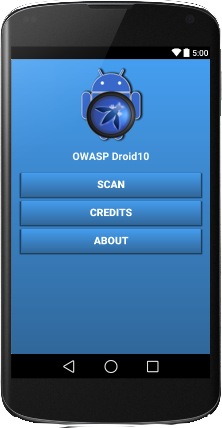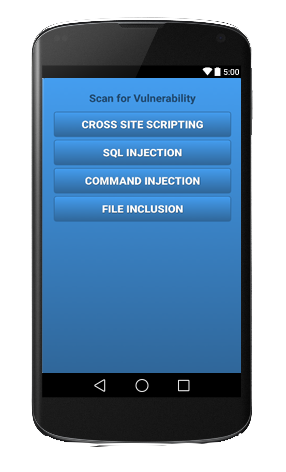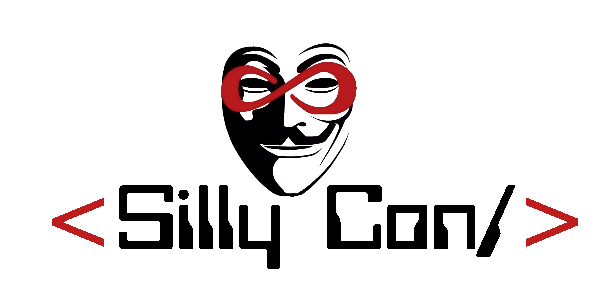This site is the archived OWASP Foundation Wiki and is no longer accepting Account Requests.
To view the new OWASP Foundation website, please visit https://owasp.org
Difference between revisions of "OWASP Droid10 Project"
| Line 34: | Line 34: | ||
== Related Projects == | == Related Projects == | ||
| − | [[File:Sillycon.png]][[Kolkata]] | + | [[File:Sillycon.png]] |
| + | Sillycon Kolata[[Kolkata]] | ||
==Classifications== | ==Classifications== | ||
Revision as of 14:19, 22 February 2015
|
OWASP Droid 10Droid10 is a handheld system based (android) web pen testing tool. It can scan for web application bugs from any android device. The world is moving towards handheld systems . There isn't any mobile based tool from owasp to do web app pen testing from handheld systems . This app is going to be OWASP first ever mobile app to test web app security. Apart from this this tool will be developed in such a way that it can be customized in an easy way .User supplied vectors can be added easily . It will have encoders,decoders and they can be integrated with different modules easily example (Url encoding with XSS Module). In short this app will have the combined features of modern day scanners with an added mobility & easy customization feature .
DescriptionThe file will be available in form of apk file which runs on android device . This file can be downloaded from the github / owasp site / Google's app store . LicensingThis program is free software: you can redistribute it and/or modify it under the terms of the link GNU Affero General Public License 3.0 as published by the Free Software Foundation, either version 3 of the License, or (at your option) any later version. |
Project ResourcesProject LeaderRelated Projects
Classifications
|
News | |||||||
How can I participate in your project?
All you have to do is make the Project Leader's aware of your available time to contribute to the project. It is also important to let the Leader's know how you would like to contribute and pitch in to help the project meet it's goals and milestones. There are many different ways you can contribute to an OWASP Project, but communication with the leads is key.
If I am not a programmer can I participate in your project?
Yes, you can certainly participate in the project if you are not a programmer or technical. The project needs different skills and expertise and different times during its development. Currently, we are looking for researchers, writers, graphic designers, and a project administrator. See the Road Map and Getting Involved tab for more details.
Roadmap
Currently all owasp tools are running on pc . The world is moving towards handheld systems . There isn't any mobile based tool from owasp to do web app pen testing from handheld systems . This app is going to be OWASP first ever mobile app to test web app security. Apart from this this tool will be developed in such a way that it can be customized in an easy way .User supplied vectors can be added easily . It will have encoders,decoders and they can be integrated with different modules easily example (Url encoding with XSS Module). In short this app will have the combined features of modern day scanners with an added mobility & easy customization feature . The application will be opensource . So others can fork and extend and contribute easily .
Getting Involved
Involvement in the development and promotion of Tool Project Template is actively encouraged! You do not have to be a security expert or a programmer to contribute. Some of the ways you can help are as follows:
Coding
Localization
Testing
Feedback
This page is where you should indicate what is the minimum set of functionality that is required to make this a useful product that addresses your core security concern. Defining this information helps the project leader to think about what is the critical functionality that a user needs for this project to be useful, thereby helping determine what the priorities should be on the roadmap. And it also helps reviewers who are evaluating the project to determine if the functionality sufficiently provides the critical functionality to determine if the project should be promoted to the next project category.






